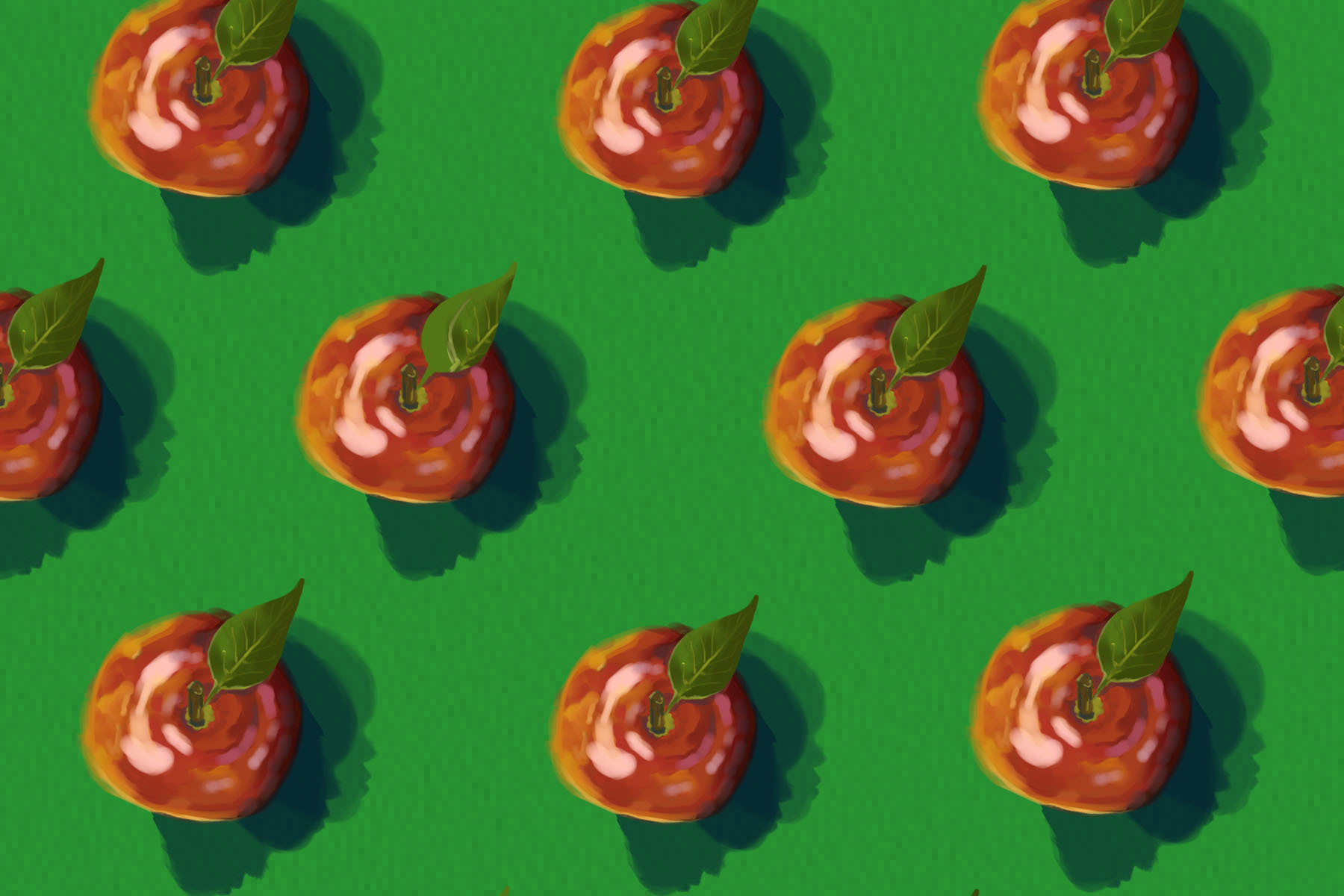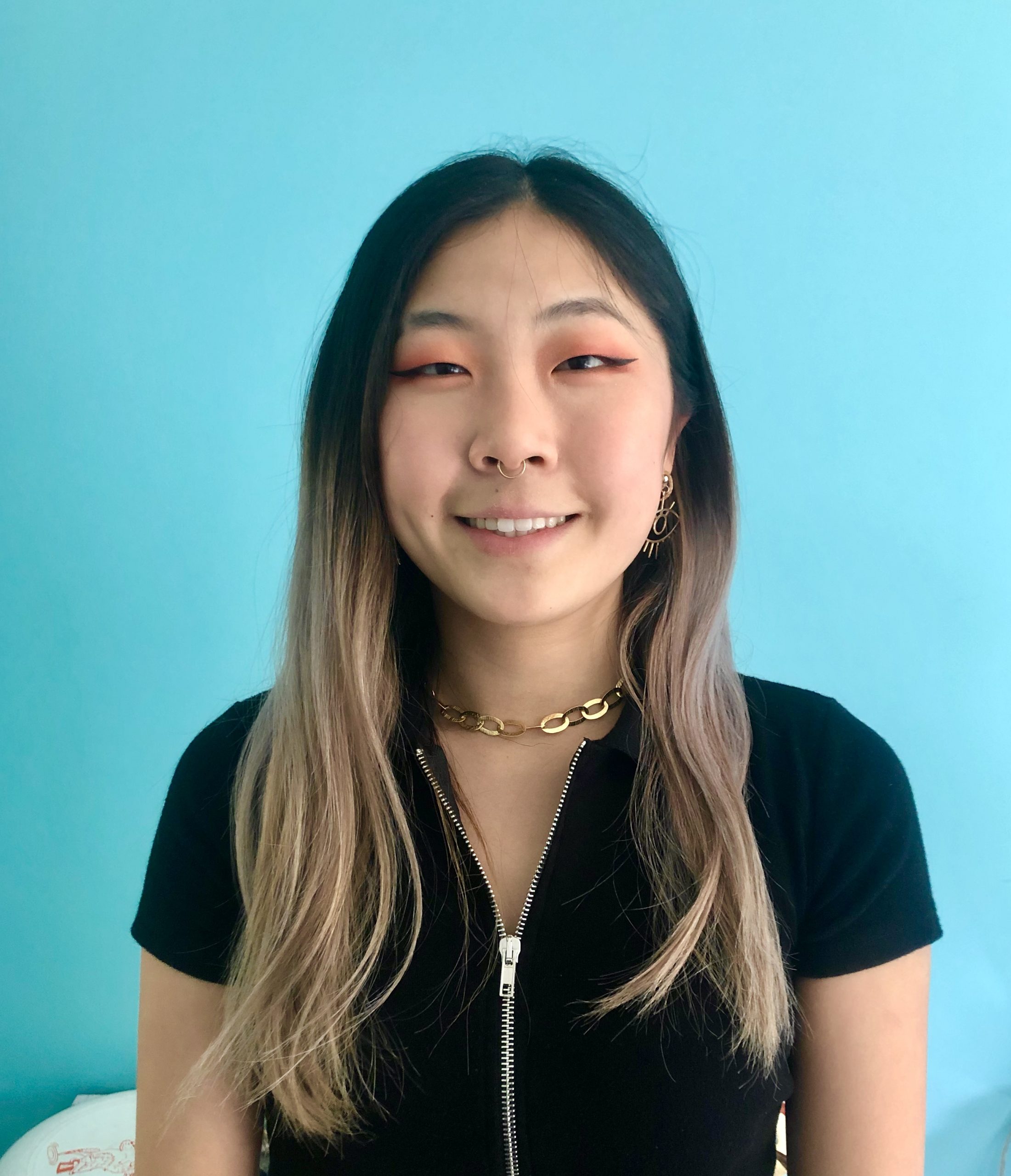Serial Productions released the five-episode limited series “Nice White Parents” on July 30. Hosted by Chana Joffe-Walt, a “This American Life” reporter, the podcast focuses on a Brooklyn public school, the School for International Studies 293 — or SIS for short. Joffe-Walt uses this one school as a case study to illuminate the city’s school segregation problems and how they are currently being addressed, as well as the city’s past failures at integration.
With Joffe-Walt’s compelling narrative style, intertwining clips of interviews from those involved in the school with her thoughtful observations, she depicts real-life tensions at SIS with nuance, capturing the perspectives of opposing sides of history. She also proposes solutions for real activism and progress to occur in public education, constantly checking herself as she acknowledges that she is part of the demographic that she is critiquing. In the midst of our current racial reckoning, this podcast perfectly outlines the antiracist work that white liberals can do to be part of the solution while educating listeners about real-life and current social issues rooted in systemic racism.
With five years of research centered around SIS and its place in the history of school segregation, Joffe-Walt presents us with a tension-filled, captivating story of a school and all the people that were involved with its evolution. Joffe-Walt breaks down the complicated topic of race in a way that’s easy to listen to on a drive. She doesn’t point fingers, but observes what has failed in the past and speculates about possible solutions, even studying other school systems for comparison. Joffe-Walt’s self-awareness and the extensive research put into this podcast make it a great educational tool and an entertaining listen.
Episode 1, “The Book of Statuses”
Joffe-Walt starts off the series by talking about her own experiences as a “nice white parent.” She knew, from her reporting, that school segregation existed, but it wasn’t until she was in her role as a parent did she see it up close. Like for many other middle-class parents, choosing a school is a whole ordeal — there are tours, taking notes on standardized test scores, special programs, the curriculum and location, just to name a few of the considerable factors. As she goes on these Brooklyn school tours, she realizes a stark racial difference between the parents on the tours and the children at the schools: specifically, the only parents who attended these middle-of-the-workday tours were white parents, and the children populating the schools were often majority students of color.
Segregation in the city’s school system has been a problem in New York City since the public school system started. Schools are often segregated along housing lines as well, and the less money a neighborhood has, the less funding their neighborhood school receives, creating educational and housing inequities. But beyond just housing inequality, the city’s education system has continuously avoided addressing the problem for decades. As Joffe-Walt says, to fix this problem:
“We’ve tried smaller classes, longer school days, stricter discipline, looser discipline, tracking, differentiation. We’ve decided the problem is teachers, the problem is parents. What is true about almost all of these reforms is that when we look for what’s broken, for how our schools are failing, we focus on who they’re failing — poor kids, black kids, and brown kids.”
The solution to this problem is integrated schooling, but the city is against mandates. So instead of forcing white parents to send their kids to schools that they might not want, they are putting the responsibility in the hands of the schools themselves to lure white parents in, often with special programs and the promise of a “diverse education,” or as Joffe-Walt calls it, “integration, without talking about race.”
She introduces us to SIS 293, which had seen a 200% increase in the number of white students in the predominantly non-white school between the years 2014 to 2015. White parents flocked to the school after the principal approved a dual language French program the new parents requested and promised to help fund. Because these new white parents wanted it, they assumed the old parents wanted it too.
Unfortunately, Joffe-Walt describes tense Parent-Teacher Association (PTA) meetings where we begin to see that this isn’t the case. The new, wealthier parents didn’t take into account the differences in class, income, race and perspective when making these decisions. They also didn’t realize how much power they wielded with the money they raised, often sidelining the original parents.
Joffe-Walt perfectly captures the growing conflicts between the new white parents and the original PTA. The new parents are white, rich, and raise money specifically for the French program that will benefit their kids, while the old PTA is full of parents of color, often from lower-income areas who want better foundational resources for their kid’s education. The school needed white parents to come and enroll their kids in SIS because they needed more students, because more students meant more school funding, and this reliance set the foundation of the school’s absolute loyalty to these new parents.
The clash of the rich and the poor, the new and the old, Black and white, emerged at SIS. Even the kids felt it; Joffe-Walt inserts a clip of a new sixth grader who claims that “their generation” of new students is making SIS better, as if SIS was bad before the new white kids moved in.
The episode ends at a gala in the Upper East Side, organized by the French embassy to help fund the French program at SIS. Imee, the PTA president, who has struggled with finding common ground with the new parents all year, decided to support the program even if it wasn’t exactly what she wanted. She ends up being condescended to by a French donor about the power of being bilingual, even though she is a Spanish-speaking and bilingual Puerto Rican.
Joffe-Walt perfectly intertwines storytelling and analysis of class differences, capturing all perspectives to show a nuanced and realistic picture of an attempt at modern school integration where inevitable tensions arise and ends at the usual result: white parents getting their way.
Episode 2, “I Still Believe In It”
The second episode begins in the New York City Board of Education Archives. Joffe-Walt notes that to many of the parents, students, and staff involved, the white parents and their French program were treated as if it was the first time white parents had taken an interest in SIS. Yet, when Intermediate School 293 (the original name of SIS) was being built in the 1960s, Brown v. Board had just been passed and white parents had adamantly advocated for integration, asserting that their progressive city was not like the “backwards South.”
Joffe-Walt zooms out to the broader context of the 1960s. After Brown v. Board came out, the New York City Board of Education actively projected an image that they were pro-integration. They even invested in filming a video of children of different ethnicities singing “Let Us Break Bread Together” to showcase their support for the Supreme Court decision.
Unfortunately, this wasn’t the reality. Mae Mallory, a Black mom in 1957, sued the board of education of her children’s school for having horrible facilities, with toilets that wouldn’t flush, and a child dying during school hours after being hit by a beer truck. She won her lawsuit but the board of education denied that segregation was their responsibility; they placed the blame on housing, while ignoring the fact that the board holds the power to decide where to send experienced teachers and where to build schools.
The Board commissioned investigation after investigation, always finding the same problem: that the school system had a segregation problem. But when improvements in addressing integration were put in place, they were immediately stopped after white parents showed a hint of disapproval. History shows that schools are obsessively loyal to white parents, and it is the fact that white parents are unwilling to give up their privilege, and their children’s privilege, that keeps school segregation in place.
In the rest of the episodes, Joffe-Walt interviews white liberal parents that wrote to the board of education in support of integration in the 1960s, but ended up going back on their word. She talks to SIS 293 alumni about their experiences at the school. She does research on the Success Academy, a school that seems to have found a way to suppress the power of white parents, and whether their methods are effective. She interviews a modern group of white moms interested in integration and solving the racial inequity problem in schools, highlighting the similarities and differences between movements in the past and present. This podcast studies the power of white parents in school systems from many angles, and its thorough and thoughtful execution is both entertaining and educational.
Joffe-Walt’s sensitive approach to this problem makes the topic of integration understandable, and invites the listener to reflect on their privilege. Though the podcast was met with intense backlash from conservative outlets, who criticized Joffe-Walt for demonizing white parents, the in-depth research, nuanced tone and hard-hitting analysis of the city’s educational failings refute most of the criticism. With school’s starting to open up in the midst of the COVID-19 pandemic and the nationwide scrutiny of unjust systems we thought were untouchable, it’s the perfect time to listen to this podcast’s critique of our education system and think about possible solutions to improve it.

















